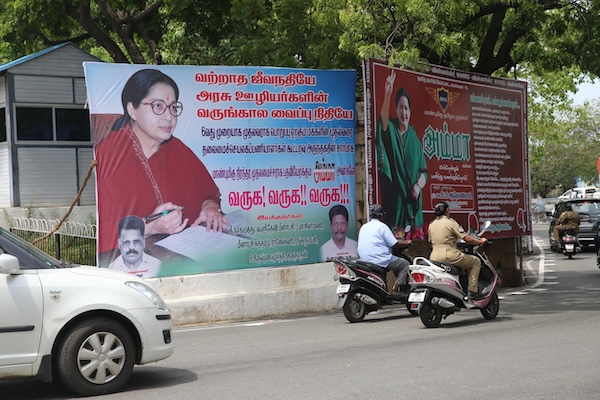.png)

Krishnadevan is Editorial Director at BasisPoint Insight. He has worked in the equity markets, and been a journalist at ET, AFX News, Reuters TV and Cogencis.
October 7, 2025 at 1:07 PM IST
India’s derivatives market is about to find out what happens when you turn the clock forward. From October 13, GIFT City will allow daily expiry Nifty 50 options—effectively zero-day contracts. The rest of India, meanwhile, will stick to its familiar weekly beat. Two clocks, one market. Sooner or later, they’ll tick into each other’s rhythm, or collide. GIFT City, in Gujarat, is a designated International Financial Services Centre with special regulatory and tax jurisdiction designed to attract global capital, institutions, and financial innovation.
On the surface, this looks like a niche experiment in an offshore sandbox. It isn’t. It’s the first clear sign that India is preparing for a faster, more tactical trading regime. Picture Tokyo time running parallel to IST, with traders in the international financial centre will get expiry opportunities every single day, building intricate hedges and placing sharper bets.
NSE’s weekly index expiries, which now fall on Tuesday, and monthly cycles keep things slower, steadier, and friendlier to retail traders who like breathing room between expiries. Globally, this shift has already happened. In the US, daily expiries on the S&P 500 have exploded into a multi-trillion-dollar segment that now drives short-term liquidity. India is joining late, but deliberately.
The real story lies not inside GIFT City but in the echoes it will send across the wall. Expiry flows don’t respect geography. If institutions start hedging aggressively around daily expiries offshore, the underlying index and futures on NSE can move in line.
Hedging flows cluster near popular strikes, and spot and futures often contort briefly to fit those rhythms. Suddenly, expiry day on NSE could feel jumpier for reasons that have nothing to do with local fundamentals. Retail traders who rely on predictable Tuesday premiums may find themselves caught off-guard, facing expiry swings they didn’t price in. It won’t happen all at once, but the effect will build.
For now, the risk is contained. Retail investors can’t directly access these contracts, and institutional activity will ramp up gradually. But markets adapt faster than regulators. Market makers thrive on cross-venue arbitrage, and daily expiries are catnip for that crowd. As volumes offshore grow, so will their gravitational pull. The regular traders won’t be able to ignore GIFT City’s calendar forever. And regulators may not intend to.
SEBI has already signalled it wants to explore longer and more flexible expiries onshore. If daily contracts eventually migrate to the regular NSE, the change won’t be cosmetic. Weekly cycles have given India’s retail options boom a stable rhythm. Daily expiries change that game entirely. Time decay happens faster. Risk builds and unwinds intraday. Algorithms set the tempo. The classic “sell Tuesday, collect premium Wednesday” strategy starts to look like a period piece.
For traders in Mumbai, this is not the moment to shrug and move on. It’s the moment to start watching GIFT City’s expiry calendar as closely as their own. Volatility spikes, price pinning near key strikes, sudden reversals—these will increasingly have offshore fingerprints. Risk discipline will matter more. Daily expiries reward precision and punish complacency. Position sizing, stop losses and a sharper awareness of cross-market hedging will separate those who thrive from those who get swept along by a faster clock.
India isn’t the first market to try this, but it is doing so at a time when retail participation is high and there is a higher adoption of tactical trading. That makes the stakes higher. The rest of India can ignore the development for now. But clocks tend to synchronise and when they do, the tempo changes for everyone.




